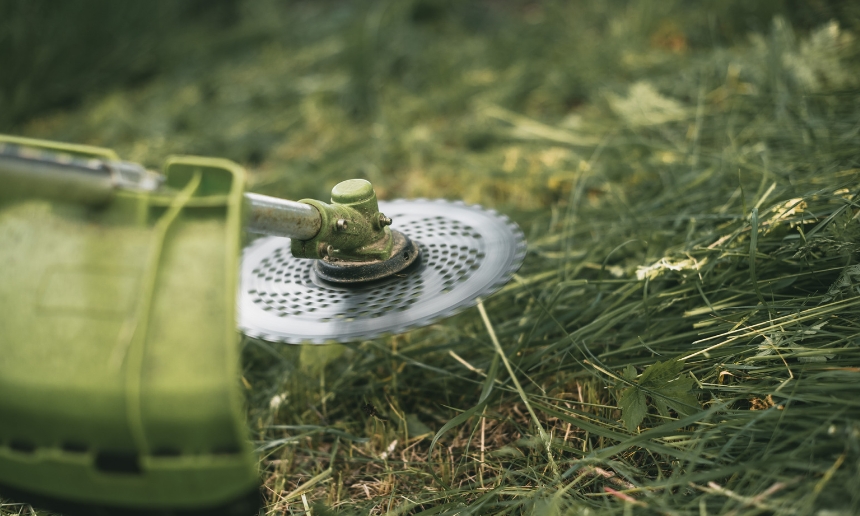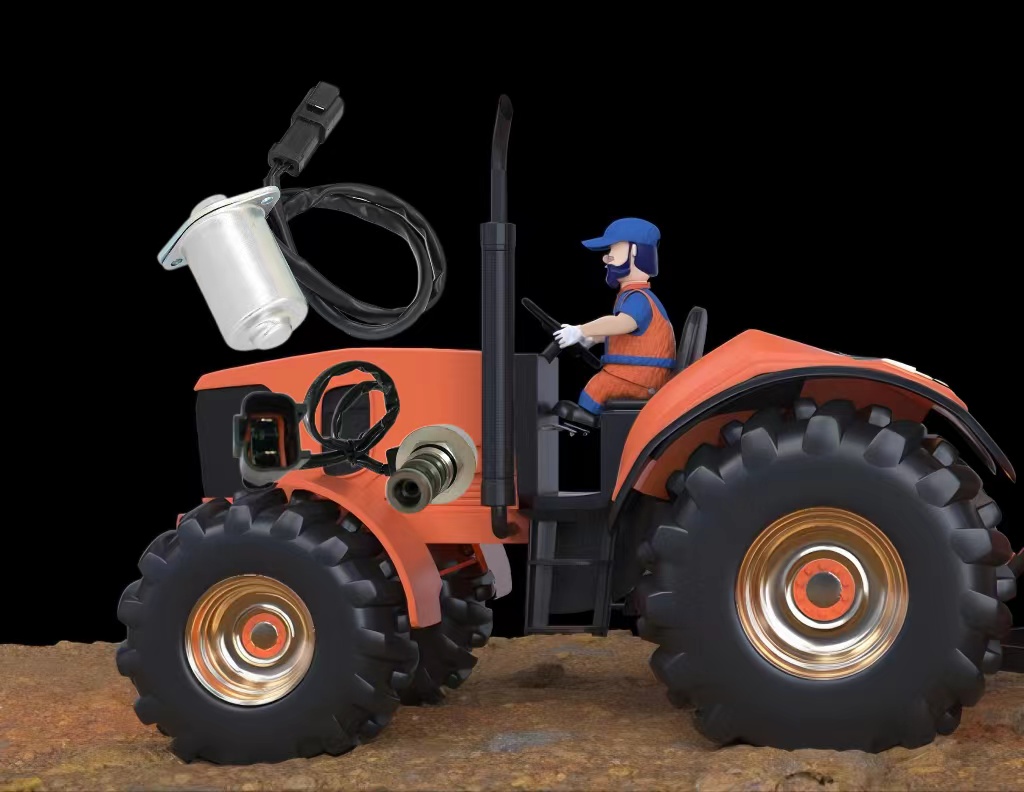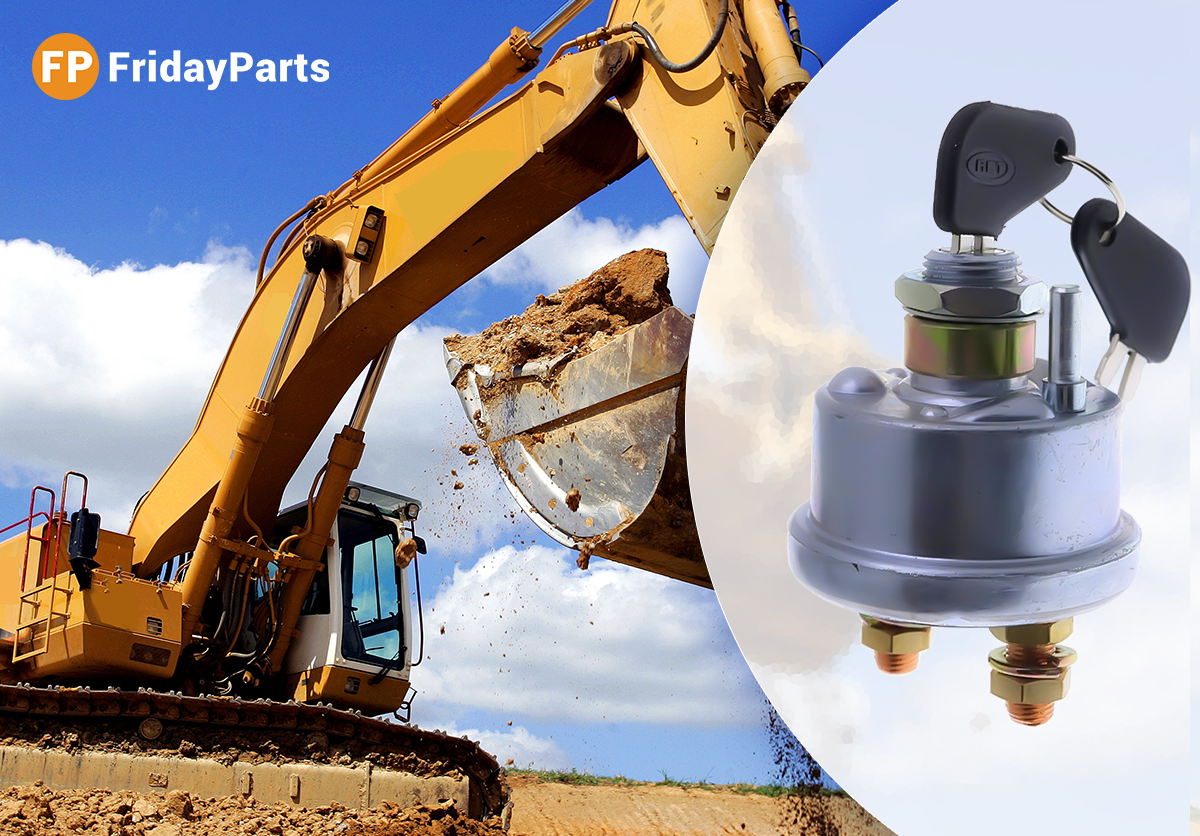About Engine Oil Cooler
1.What is an oil cooler?
An oil cooler is a crucial component in construction machinery, used to cool various mechanical parts, including the engine and transmission system, using oil. Hydraulic oil coolers and water radiators are available for a range of construction equipment, including diggers, dumpers, excavators, telescopic handler forklifts, and backhoe loaders. The choice of oil cooler can directly impact the cooling efficiency of the main engine cooling system, noise levels, fuel economy, and engine power consumption.
2.What does an oil cooler do?
The correct temperature keeps the oil at the recommended viscosity, ensuring mechanical parts are properly lubricated and the engine running at peak efficiency. If the oil temperature rise is not dealt with in time, the engine may be paralyzed, and the function of the diesel engine oil cooler is to make the engine use longer.
3.How does an oil cooler work?
An oil cooler is a device that removes excess heat from the oil used to lubricate engines and other machinery. The oil cooler consists of tubes or fins that allow the hot oil to circulate and release heat to the air or water. The cooled oil then flows back into the engine to maintain the optimal temperature range. The oil cooler helps to prevent overheating and improve the performance and longevity of the engine and its parts.
4.How long does oil cooler take for oil to cool down?
The time it takes for an oil cooler to cool down the oil can vary depending on the type of oil cooler and the specific conditions. In general, normal oil cooling takes 1½ to 2 hours before the oil can be safely drained1. However, some oil cooler modules can reduce the oil temperature to a safe level in less than 30 minutes.
5.What are the signs of bad oil cooler?
We need to pay attention to some signs that the lower oil cooler may be malfunctioning:
- The engine is overheating and your engine temperature gauge is higher than normal.
- If you notice oil pooling under your construction machine or oil dripping from the oil cooler itself, it needs to be repaired or replaced as soon as possible, otherwise, it can lead to engine damage due to loss of oil pressure and reduced lubrication.
- The engine oil is discolored or milky white, which may be caused by damage in some places and mixing with the coolant.
- If you notice that the oil pressure gauge on your dashboard is reading lower than normal, reduced oil pressure can lead to reduced lubrication, increased engine wear, and even engine failure.
- If the engine performance deteriorates, it is not ruled out that the oil cooler is malfunctioning.
6.How much is an engine oil cooler of heavy duty equipment?
Actually, it depends on many factors, such as the types of heavy-duty equipment, models, etc. Generally, original parts plus labor costs will be more expensive, if you have a limited budget, it is recommended that you buy aftermarket engine oil coolers with OEM quality. Luckily, you can easily find the parts you need here, we have a large selection of brands, you can check here:https://www.fridayparts.com/engine-spare-parts/engine-oil-cooler or email us: info@fridayparts.com
HOT Engine Oil Cooler Lookup
- Oil Cooler 23522416 for Detroit Engine Series 60 50. Replace Part Number: 23522415, 52474367. Fit for Detroit Engine: 50, 60
-
Oil Cooler 3921588 for Cummins Engine 5.9L 6BT. Replace Part Number: 3921588. Fit for Cummins Engine: 5.9L, 6BT
-
Oil Cooler 6743-61-2210 for Cummins Engine 6CT Komatsu Excavator PC300-7 PC300-8 PC350-7 PC360-7. Part Number: 6743-61-2210, 6742-01-2450, 6743612210, 6742012450. Fit for Excavators:PC300,PC300HD,PC300LL,PC350,PC350HD,PC350LL,PC300-7,PC300-8,PC350-7,PC360-7; Wheel Loaders: WA320,WA380,WA430
-
Oil Cooler 239-7851 for Caterpillar CAT Engine C15 C-15 3406E. Replace Part Number: CA239-7851, 239-7851, 2397851. Fit for Engine: Caterpillar C15, C-15, 3406E
For more cooling system parts explained read our advice on Cooling System Parts Explained:A/C Expansion Valve.
If you still have some car-related questions you can find further car advice by exploring our blog.








Leave A Comment